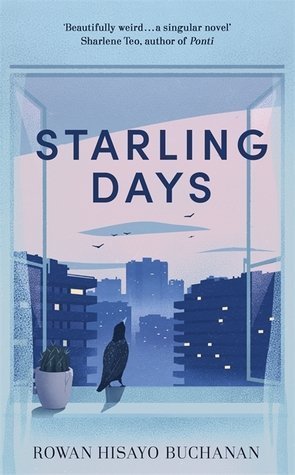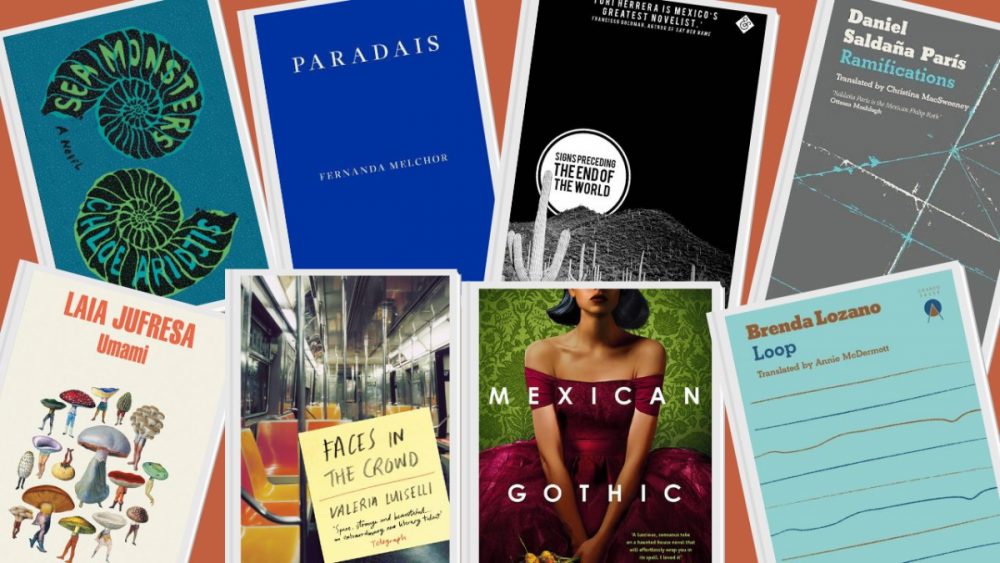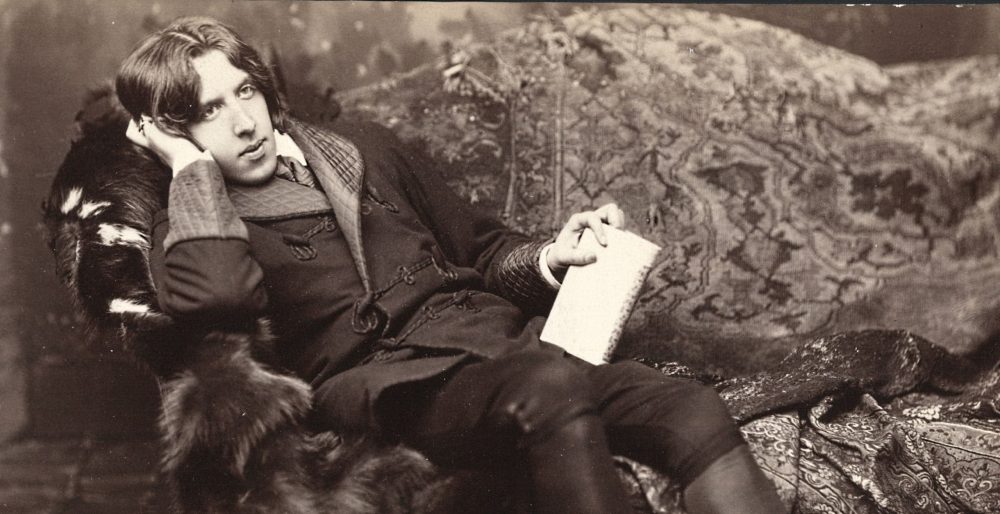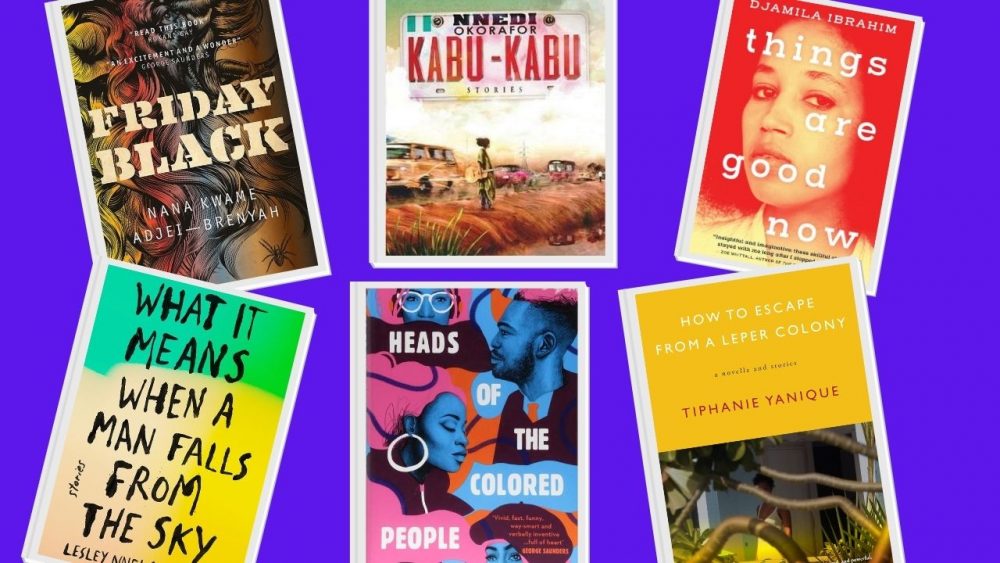Where the hell do you start? Both in writing a fiction about depression (and the hold it takes on both the depressed and those around them), and in talking about that fiction? I’ve rewritten this intro six times, trying to find the best way to dive into a discussion about Starling Days.
But the easiest route to the heart of the book is probably as straight a line through it as you can make. And so, Starling Days is a novel about depression. It’s about the mystery of it, the confusion and exhaustion and fear that it leads to. It’s about how it impacts us and our loved ones. How it challenges, stretches, and destroys our relationships.
Depression as a silent killer, whispering bad thoughts into our ears, convincing us to burn our bridges and sabotage ourselves. It tackles all of this and more, and it does so without missing a single beat along the way. It’s a true and absolute fictional expression of a very un-fictional affliction, and it is a vital, comforting, exhausting, thrilling piece of storytelling.
“How long did you have to live for it to count as survival?”
Mina is an academic working as an adjunct professor in New York City. She’s thirty-two. Recently, she got a string of peonies tattooed up each arm to hide years of self-inflicted scars. She’s standing on the George Washington Bridge.
The police urge her away and call her husband, Oscar. Oscar was raised in England and now works at the NYC branch of his father’s company, a business that deals in Japanese alcohol. Their wedding night was the first suicide scare, and now this is the second.
In a desperate move to do right by his wife, Oscar takes Mina to London, to offer her a change of scenery where she might meet new people, take a break, and shift gears just enough to feel better. And that’s very much the focus of the story: doing right by one another.
Oscar wants to keep Mina alive, and Mina wants to find not only her own happiness but happiness for Oscar as well. However, life, as it often does, gets in the way.

The characters of this novel are absolutely its shining stars. Beyond Mina and Oscar we have Oscar’s friend’s sister, Phoebe, who becomes a figure of absolute obsession for Mina once they arrive in London, and Oscar’s father, whom Oscar has always had more of a business than a personal relationship with. These four characters are everything.
They are three-dimensional, living, breathing people. We get to know their habits, their faults, their opinions, their vices and virtues; their sins and their morals. Rarely are we offered such an intimate connection to the people in our fiction – not like this.
“She knew Oscar thought the equation was simple: Mina likes flowers, so flowers make Mina happy. Perhaps that was how it worked for other people.”
Beyond these people as they exist (and they really do exist) are their relationships. Despite how long they have been together, Oscar knows little about Mina’s mind.
The irrational and frightening unpredictability of her depression twists his usually calm and focussed mind into something angry and callous. The thing about depression through the eyes of someone who doesn’t suffer with it: it looks like madness, hysteria, all the archaic words by which we once used to define it.
Oscar, for the book’s first half, believes that simply keeping Mina alive is his job. He doesn’t know what will make the depression disappear, but if he can keep her heart beating then he’s fulfilling his duty. All the while, Mina’s depression causes a selfishness in her. She cares little for Oscar’s own stresses – which come mostly from his work, his self-imposed perfectionism, and his father. Depression makes us selfish and gives the illusion that we are cold. All of that is expressed expertly in Starling Days.
“The list of reasons to be sad was seemingly endless. Dead mother, bullying, messed-up ovaries, the general grind of living … And yet all so small when she thought of the children who walked out of war zones to grow up to be dentists and doctors … Whereas she, spoiled creature, could sit here … talking to a woman paid to be sympathetic. Stupid. Stupid. Stupid.”
As for the execution – how the story’s telling, pacing, and imagery reinforces its message – it’s tight; it doesn’t waffle or flounder. There’s a beat that the writing marches to. It speeds up and slows down, but never stops. There are beautiful moments of introspection, observation, theatrical scene-setting, but none of it drags.
All of the chapters in Starling Days’ first half are chopped into sub-chapters, each focussing on Mina and Oscar. It flits between them in quick succession. Then, once Oscar is back in the States, leaving Mina alone in London, this quirk stops, and each chapter is dedicated to each character, reinforcing both their physical and their emotional distance from one another.
They are no longer understanding and relating to one another; they’re becoming estranged. Oscar sinks into his own personal world with his father, learning about the hidden truths of his childhood, and Mina drinks from the irresistible pool that is this new woman: Phoebe.
Conclusion
Depression for these characters is, just as it is for so many of us, a stick jammed into the spokes of our relationships. It sends us tumbling down, leaves us fearing, hating, and forgetting how to love one another. Here, see depression from the inside and the outside.
And regardless of the angle, it is a frightening unknown thing. It is made larger and more dangerous by the cruelties of life: city noise, busy places, corporate ladders, hassling friends, poisonous capitalism, family drama. It finds us alone in a city full of people and it isolates us further. It confuses our loved ones and turns them against us.
Rowan Hisayo Buchanan does an unbelievable job of depicting depression as both an insatiable monster and a silent disease. So many books have ‘a triumph!’ written on their blurbs but this one, this is truly and absolutely a triumph.
If you’re struggling with your own mental health, there are books that we hope may help.
We’ve suffered with our own mental health over the years. Read our personal story about anxiety and depression here.



